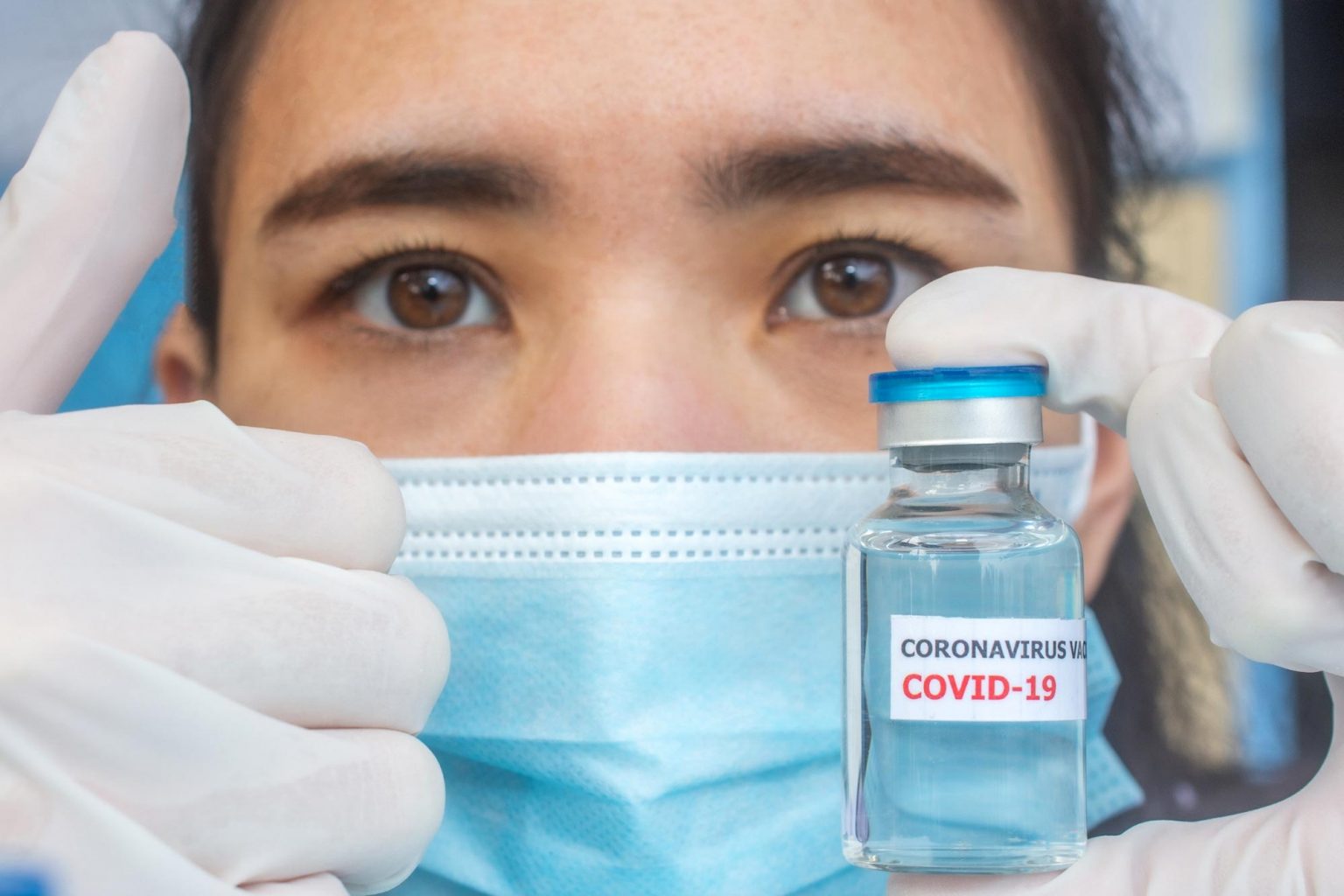Research will continue for 2 years.
By KAISER PERMANENTE
Federal and Kaiser Permanente researchers combing the health records of 6.2 million patients found no serious health effects that could be linked to the 2 mRNA COVID-19 vaccines.
The study published September 2 in JAMA reports
the first comprehensive findings of the Vaccine Safety Datalink (VSD), which
studies patient records for 12 million people in 5 Kaiser Permanente service
regions along with HealthPartners in Minneapolis, the Marshfield Clinic in
Wisconsin, and Denver Health. The work is supported by the Centers for Disease
Control and Prevention (CDC).
“These results from our safety surveillance are reassuring,” said lead author Nicola Klein, MD, PhD, director of the Kaiser Permanente Vaccine Study Center and principal investigator of the Vaccine Safety Datalink’s COVID-19 rapid cycle analysis.
“The world is relying on safe and effective vaccines to bring an
end to the COVID-19 pandemic. The Vaccine Safety Datalink is ideally
suited to carry out this important surveillance and we will
continue to monitor the safety of all vaccines that protect against COVID-19,”
added Dr. Klein, who is also a senior research scientist with the Kaiser
Permanente Division of Research.
The study reported findings from mid-December 2020 through June
26, 2021. Some of the early findings had been summarized previously and
reported at public meetings of the CDC’s Advisory Committee on Immunization
Practices, though the JAMA article is the VSD’s first comprehensive report of
its safety surveillance of the Pfizer and Moderna mRNA vaccines.
The analyses compared specific health events among all COVID-19
mRNA-vaccinated people during the first 3 weeks after inoculation with health
events among similar types of patients during the 3 to 6 weeks after mRNA
vaccination. The total number of people evaluated was 6.2 million for the first
dose of either mRNA vaccine and 5.7 million for the second dose.
The design is meant to compare patients who are as similar to one
another as possible to reduce the number of factors that could complicate the
results. The authors added a comparison group of unvaccinated patients in a
supplemental analysis.
The researchers examined 23 potential health effects, chosen
because they had been included in previous vaccine studies, were of particular
concern as an effect of COVID-19, were noted during the COVID-19 clinical
trials, or were added after public health officials reported increased cases
among vaccinated people. Outcomes tracked included neurological disorders such
as encephalitis and myelitis, seizures, and Guillain-Barré syndrome;
cardiovascular problems such as acute myocardial infarction, stroke, and
pulmonary embolism; and others such as Bell’s palsy, appendicitis, anaphylaxis,
and multisystem inflammatory syndrome.
Patient medical records were searched electronically and analysts
carried out chart reviews of specific health outcomes to verify the medical
problem and to assess whether it started before or after vaccination.
Vaccine Safety Datalink researchers then applied statistical
analysis to determine whether the number of incidents was above a certain
threshold, or “signal.” They concluded that none of the target health outcomes
reached the signal, though for some outcomes the findings were less precise
because of small numbers of cases. The authors said VSD safety surveillance is
ongoing, which will increase the precision of estimates for those outcomes.
The study authors highlighted their findings about cases of
confirmed myocarditis and pericarditis among young individuals, as that has
become an outcome of concern. The VSD study identified 34 such cases in
patients 12 to 39 years old; 85% of them were male and 82% hospitalized (for a
median of 1 day), and nearly all recovered by the time the chart review took
place. The authors calculated that among patients 12 to 39 years old, there is
a risk of 6.3 additional myocarditis cases per million doses during the first
week after vaccination. Other research has calculated a significantly higher
risk of myocarditis from COVID-19 than from the vaccine.
“The results of this study are a great example of how seriously
CDC takes vaccine safety, and how thorough and transparent we are in our safety
monitoring efforts,” said Tom Shimabukuro, MD, leading vaccine safety for the
COVID-19 response and the deputy director of CDC’s Immunization Safety Office.
“It is our top priority to do the science and communicate quickly and clearly
with healthcare providers and the public, as COVID-19 vaccines continue to
undergo the most intensive safety monitoring in U.S. history. Getting vaccinated
remains the best way to protect yourself and your loved ones against a virus
that has taken millions of lives.”
The VSD’s rapid-cycle analysis for the mRNA COVID-19 vaccines will
continue tracking newly vaccinated patients for at least 2 years. The VSD,
established in 1990 and led by the CDC, Kaiser Permanente, and other health
care systems, is the nation’s premier active surveillance system for vaccine
safety.
Reference: “Surveillance for Adverse Events After COVID-19 mRNA
Vaccination” by Nicola P. Klein, MD, PhD; Ned Lewis, MPH; Kristin Goddard, MPH;
Bruce Fireman, MA; Ousseny Zerbo, PhD; Kayla E. Hanson, MPH; James G. Donahue,
DVM, PhD; Elyse O. Kharbanda, MD, MPH; Allison Naleway, PhD; Jennifer Clark
Nelson, PhD; Stan Xu, PhD; W. Katherine Yih, PhD, MPH; Jason M. Glanz, PhD;
Joshua T. B. Williams, MD; Simon J. Hambidge, MD, PhD; Bruno J. Lewin, MD; Tom
T. Shimabukuro, MD, MPH, MBA; Frank DeStefano, MD, MPH and Eric S. Weintraub,
MPH, 3 September 2021, JAMA.
DOI: 10.1001/jama.2021.15072
The study was funded by the CDC.
